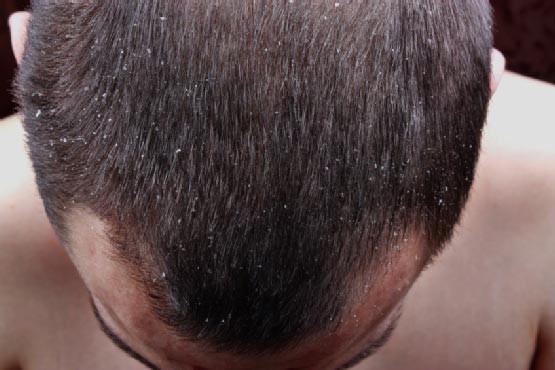Questions to Ask Your Dermatologist about Scalp Psoriasis

Many people with scalp psoriasis are uncomfortable about the thick, red patches of skin on their heads, but they don’t simply have to accept the condition. Your dermatologist can help you control your scalp psoriasis and restore your confidence. To take the first step towards treatment, make an appointment with your dermatologist, and ask these questions about your condition.
What Are the Symptoms of Scalp Psoriasis?
People with scalp psoriasis have red, inflamed patches of skin on the scalp that may be very thick. Some people only have a single patch, while others have psoriasis that covers the entire head and creeps out along the scalp line and behind the ears. Other symptoms of scalp psoriasis include flakes that look like dandruff, dry and itchy scalp, and a burning sensation. It’s tempting to scratch the scalp when you have psoriasis, but this can lead to bleeding and temporary hair loss. Your dermatologist can determine if your particular symptoms indicate that you have scalp psoriasis.
What Causes Scalp Psoriasis?
Like all kinds of psoriasis, scalp psoriasis is caused by a fault in the immune system that causes skin cells to grow faster than normal. These skin cells build up on the surface of the skin to create the telltale patches of psoriasis. If you have any form of psoriasis, you are at risk of developing the condition on your scalp. At least half of the people who suffer from plaque psoriasis will experience at least one outbreak of the condition on the scalp.
What Are My Treatment Options?
There are a number of different treatments your dermatologist can use to control your scalp psoriasis. Topical medications and medicated shampoos help for some patients, as can scale softeners. Other patients benefit from injections and light therapy. Your dermatologist may also prescribe biologics or other medications that work throughout your body.
Your Swinyer – Woseth Dermatology doctor can help you manage psoriasis symptoms wherever they occur. Our Salt Lake City office provides treatment for medical dermatology conditions as well as cosmetic skin care services. Make your appointment today by calling 801-266-8841.
